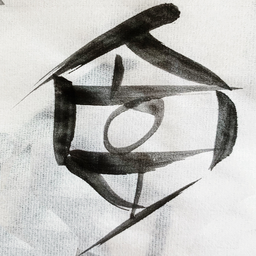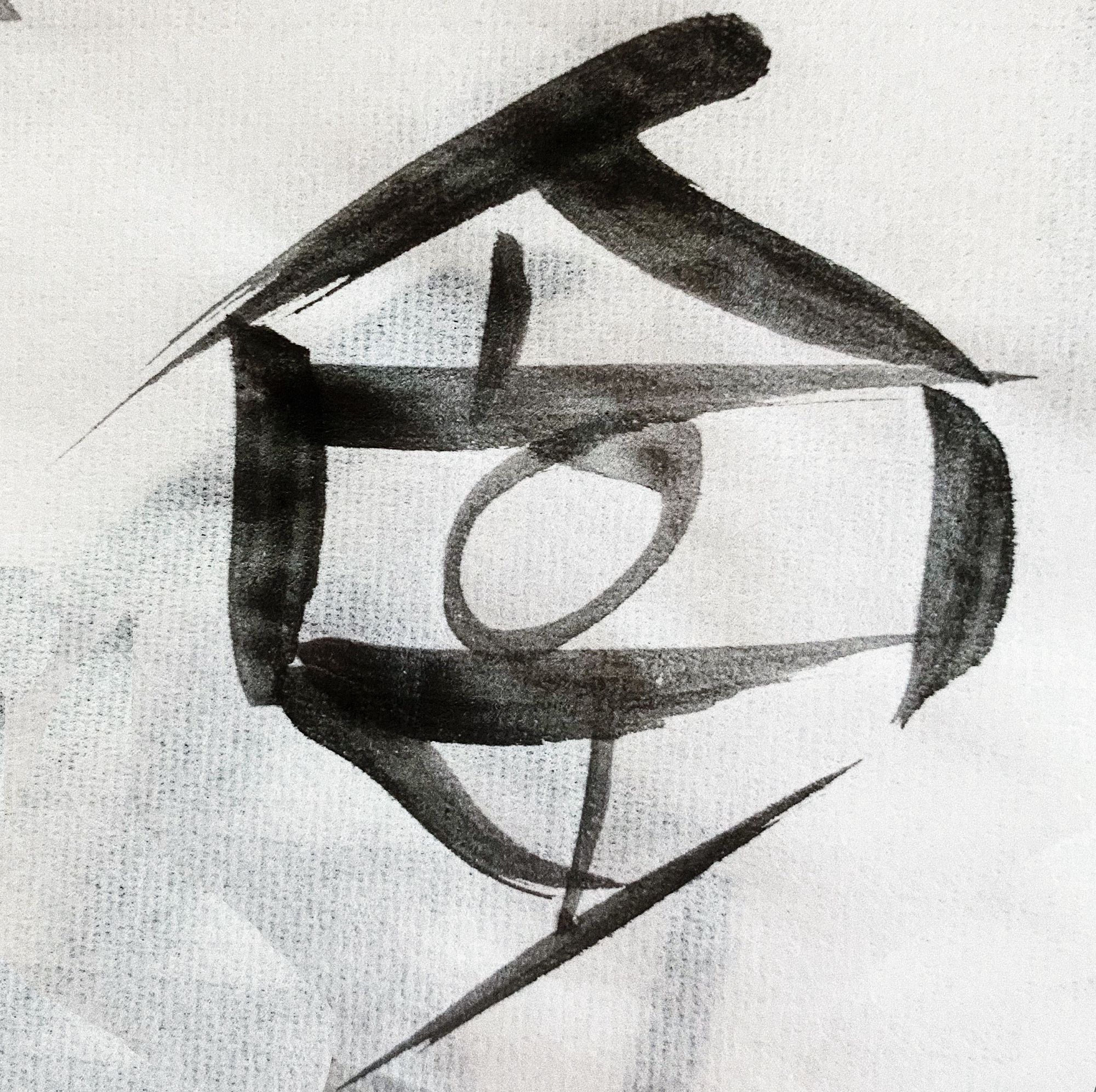What We Talk About When We Talk About Canons

The idea of the canon is outdated, colonialist, racist, sexist, and anti-queer. It’s easy to say that this is only true because old stuff is colonialist, racist, sexist, and anti-queer, but that’s a bullshit cop out. People who aren’t white men didn’t suddenly appear, fully formed like Athena once Al Gore invented the internet. And brilliant people who aren’t white men have been doing incredible work all along.
So, let me say it simple. Fuck your canon.
The idea of a canon provides a function in our discourses. We have a collective shared language when discussing a genre, a style, an era. A class syllabus, a known set of referents. They tell us “here’s what came before” so that we can know “here’s what exists now” and begin to think about “here’s what comes next.” Canons aren’t a fixed point, they’re the beginning of a description of a vector. This is the problem with how we talk about canons. Everyone wants to treat them like they exist, solidly, and must perpetuate themselves throughout time exactly as they were.
But that’s too simple. In reality, the canon is a beginning of an evolutionary chain, of a heritage. And, as too many of us know all too well, we can reject our heritage. Reject the values of our forebears. Reject the choices they made. But we can not resist inheriting their traits, their traumas. A canon is about intergenerational struggle. It is the shape of the ways in which the stories of the now resist the stories of the then. A canon, for so many, is only defined by struggle and resistance and opposition.
We inherit many things from our predecessors. Their biases, their obsessions, their traumas. Asimov was a writer marked by oppression and war. He was a man obsessed with expressing power and dominance over women. The fiction he created reflects all of this and, as a genre, for decades science fiction echoed these concerns. It became a genre about war, colonialism, oppression, and one dominated by male figures. It’s so easy to buy in to this narrative. It’s so easy to look at science fiction and only see Jack Vance and Orson Scott Card and David Brin.
But the thing is, there are other lineages. There are the descendants of Ursula K. LeGuin, of Leigh Brackett, of Octavia Butler. There are so many writers who never read Asimov or Clarke or Heinlein or Dick. There are writers of brilliant science fiction who read George Elliott and Jane Austen. Who read James Baldwin and Maya Angelou. Who read books in translation, Murakami, Mishima. Whose foundational texts weren’t The Lord of the Rings but The Romance of the Three Kingdoms.
A canon precludes the possibility of other inheritances. It is an assumption that we all descended from the same cultural seed. A Euro-centric, American-centric, white, straight, and cisgendered one. But that’s not my canon. Sure, I read Asimov, Clarke, and Heinlein. But I hated them. They were boring, and flat, and I never wanted to be in one of their worlds. I think The Lord of the Rings is fine. I’ve never read Robert Jordan. Or David Gemmel. These writers never made me a fan, only a consumer.
My canon is Tamora Pierce, Ursula K. LeGuin, Octavia Butler, Connie Willis. Those are the writers who showed me the breadth and scope of adventure, of thought, of imagination. But my sfnal tastes are as defined by Virgina Woolf’s The Waves as it is by The Dispossessed. Yeats’s fairytales. Britomartis and the Red Crosse Knight. Faulkner’s alternate realities. My lineages are still mostly Western and white. But there are other seeds in there. Other writers of queerness, of isolation, of oppression. Fantastical visions woven through the literary canon.
A lineage is a vector too. It’s a point of origin that describes a line we move along through time and creation. It describes a future that we manifest through our work. Through our choices. But unlike lineages of birth and circumstance, we can choose our literary inheritances. We can choose not to replicate the culture of harassment, of racism, of exclusion represented by the accepted canon. We can choose to decolonize our histories, to open up our futures to new possibilities.
We can build better worlds for ourselves by choosing better pasts.
My to-read pile grows ever larger, ever more exciting, and ever more complex. I’m constantly adding to it, forcibly mutating my line. Grafting on new perspectives. Cultivating wild sports in the field. Making a greenhouse of words and ideas and story.
So, fuck your canon. I choose to grow better, different, wilder.
